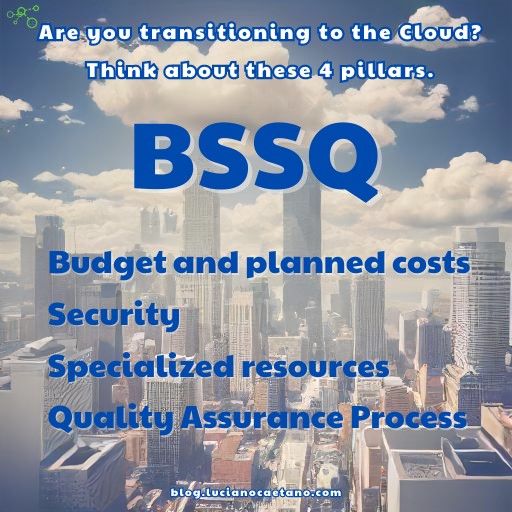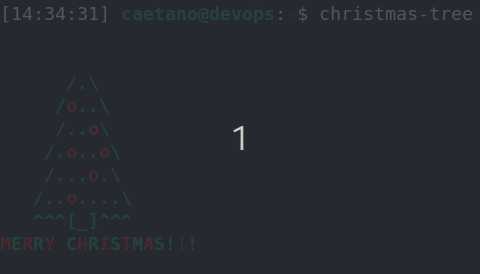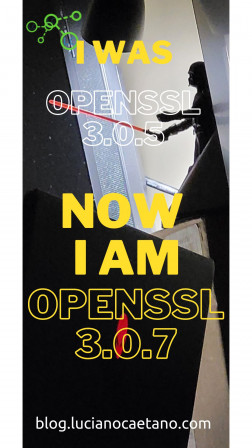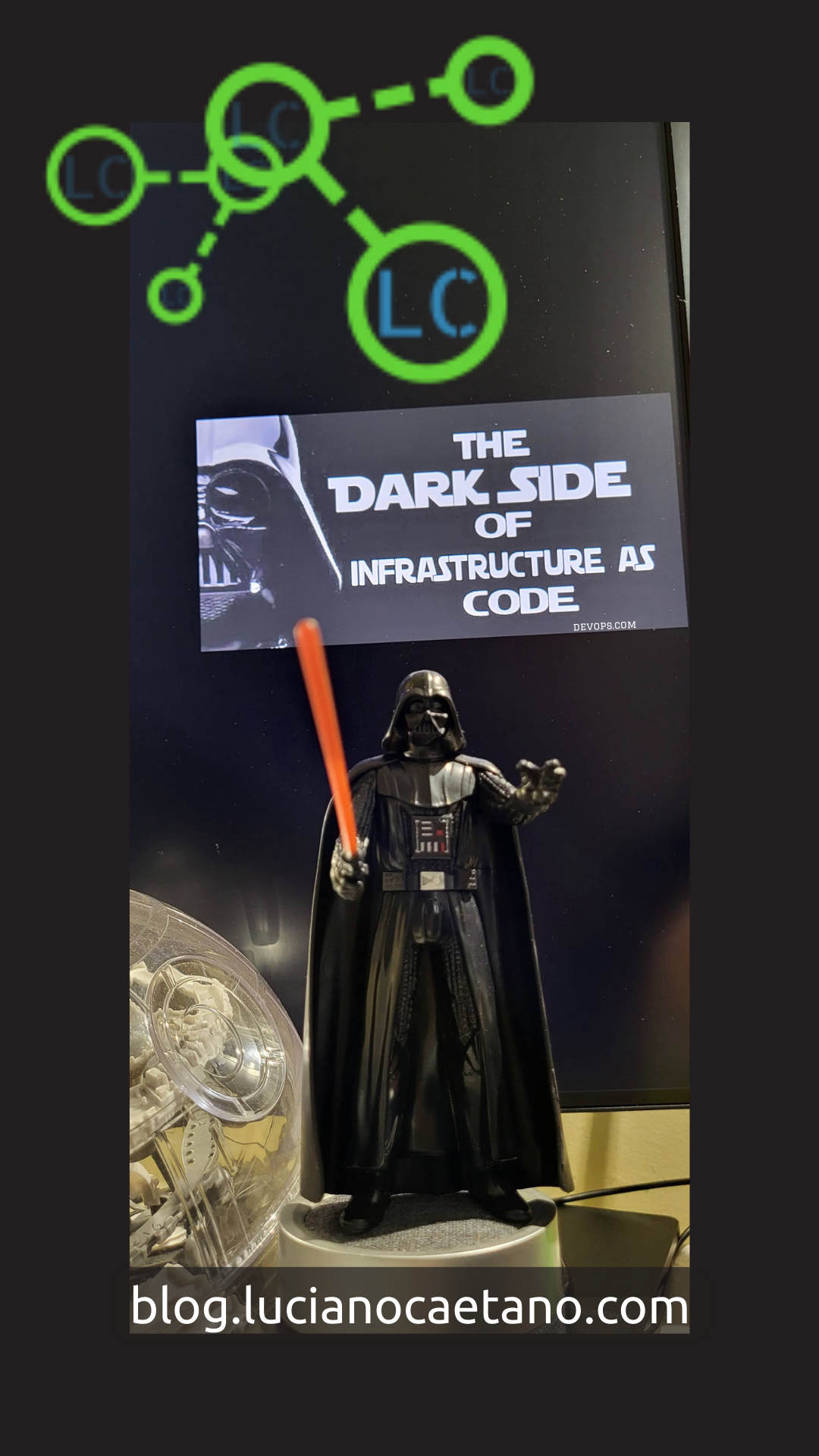
Happy 2025!!!
Happy New Year 2025!
May this year bring you joy, success, and all the things that make your heart smile.

Multicloud | Linux | Kubernetes
Happy New Year 2025!
May this year bring you joy, success, and all the things that make your heart smile.



After Proxmox Virtual Environment 8.1.3+pve1 installation on Raspberry Pi5 you may face the wlan0 wifi interface missing. It's really frustrating!
Here I will describe the way to quickly fix this issue.
Looking forward for new chanllenges.
May the lights of the new year shine and bring to all new challenges, new projects and much more. Happy New Year!







by Amy Gallo
September 21, 2022
Summary. When you’re at your wit’s end with a challenging colleague and it feels like you’ve tried everything, well-meaning friends and coworkers may tell you to “just ignore it” or to “suck it up” and move on with your life. But suppressing our emotions rarely helps. In this piece, the author outlines four tactics that are tempting to try — but often backfire — when dealing with a difficult colleague. Another one to avoid: waiting to see if your difficult colleague will just leave on their own. Your dream that they’ll walk out the door may come true, but there’s no guarantee that the culture will shift or that you’ll get along with their replacement. Ultimately you’re better off trying to create a workable situation with your colleague now. And remember: even small improvements can make a big difference.
Feliz Dia da Independência do Brasil!
Que o fato de ser brasileiro te encha de orgulho e que o compromisso de cada cidadão torne nosso país mais forte!

Storage big players announce their financial results

AWS Cloud Quest - Cloud Practitioner
Completed!

Whether or not
Decisions are in your hands.

Kubernetes Drops 102
Cluster Administration - Planning
The cluster administration overview is for anyone creating or administering a Kubernetes cluster. It assumes some familiarity with core Kubernetes concepts.
See the guides in Setup for examples of how to plan, set up, and configure Kubernetes clusters. The solutions listed in this article are called distros.
Note: Not all distros are actively maintained. Choose distros which have been tested with a recent version of Kubernetes.
Before choosing a guide, here are some considerations:

Kubernetes Drops 101
Kubernetes Scheduling, Preemption and Eviction - Scheduler Performance Tuning

Kubernetes Drops 100
Kubernetes Scheduling, Preemption and Eviction - Scheduling Framework

Kubernetes Drops 99
Kubernetes Scheduling, Preemption and Eviction - Resource Bin Packing

Kubernetes Drops 98
Kubernetes Scheduling, Preemption and Eviction - API-initiated Eviction

Kubernetes Drops 97
Kubernetes Scheduling, Preemption and Eviction - Node-pressure Eviction